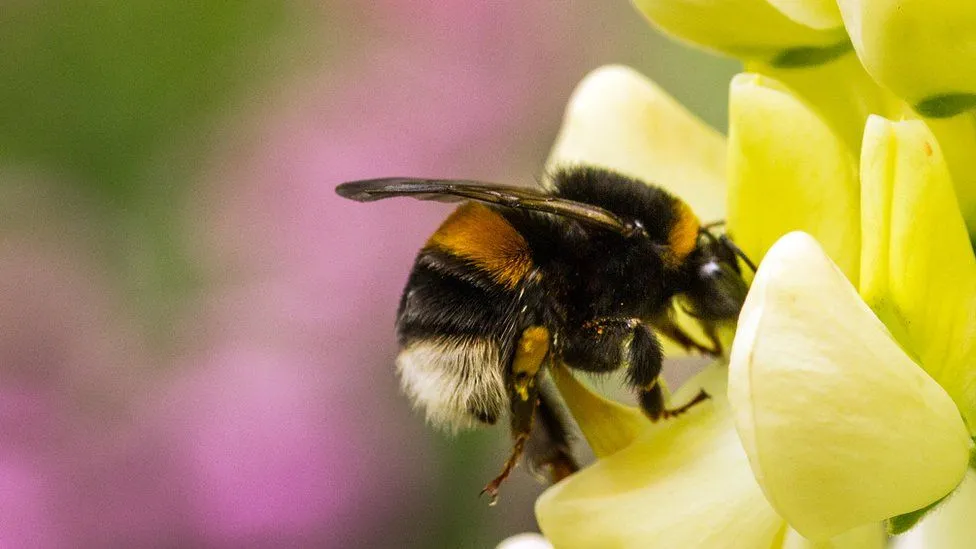The Flawed Ban on Bee-Harming Pesticide Use
1 min readBee-harming pesticide use 'makes a mockery' of ban
A recent study has found that the use of bee-harming pesticides is on the rise, despite bans in several countries. This alarming...

Bee-harming pesticide use ‘makes a mockery’ of ban
A recent study has found that the use of bee-harming pesticides is on the rise, despite bans in several countries. This alarming trend has led to concerns about the impact on bee populations, which are crucial for pollination and food production.
The study, conducted by researchers at the University of California, Davis, found that the use of neonicotinoids – a type of pesticide that is known to harm bees – has increased in recent years. This is despite bans on the use of these chemicals in the European Union and other countries.
Experts have warned that the continued use of these pesticides could have devastating effects on bee populations, which have already been declining in recent years. Bees are essential for pollinating crops and wildflowers, and their decline could have serious implications for global food production.
Environmental groups have called for stricter regulations on the use of bee-harming pesticides, and for more research into alternative methods of pest control. They argue that the current situation makes a mockery of the bans that have been put in place, and that urgent action is needed to protect bee populations and the environment.






